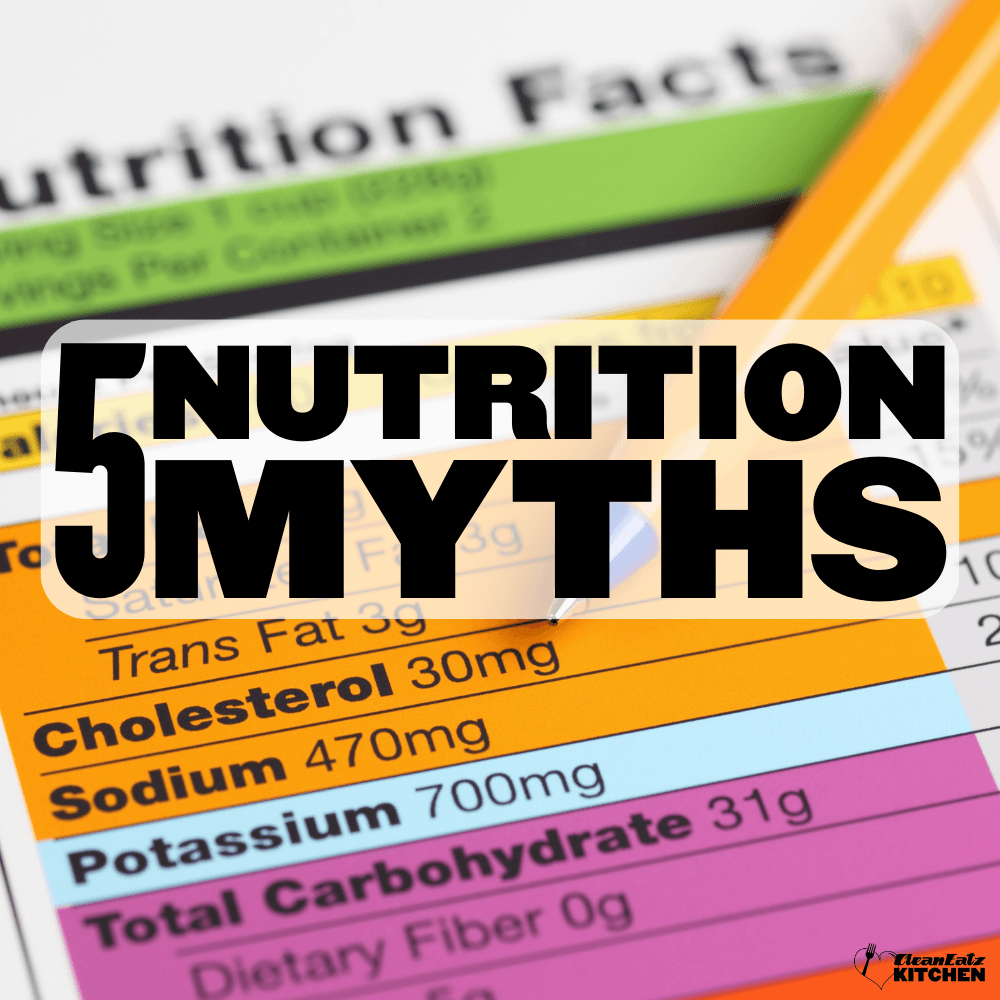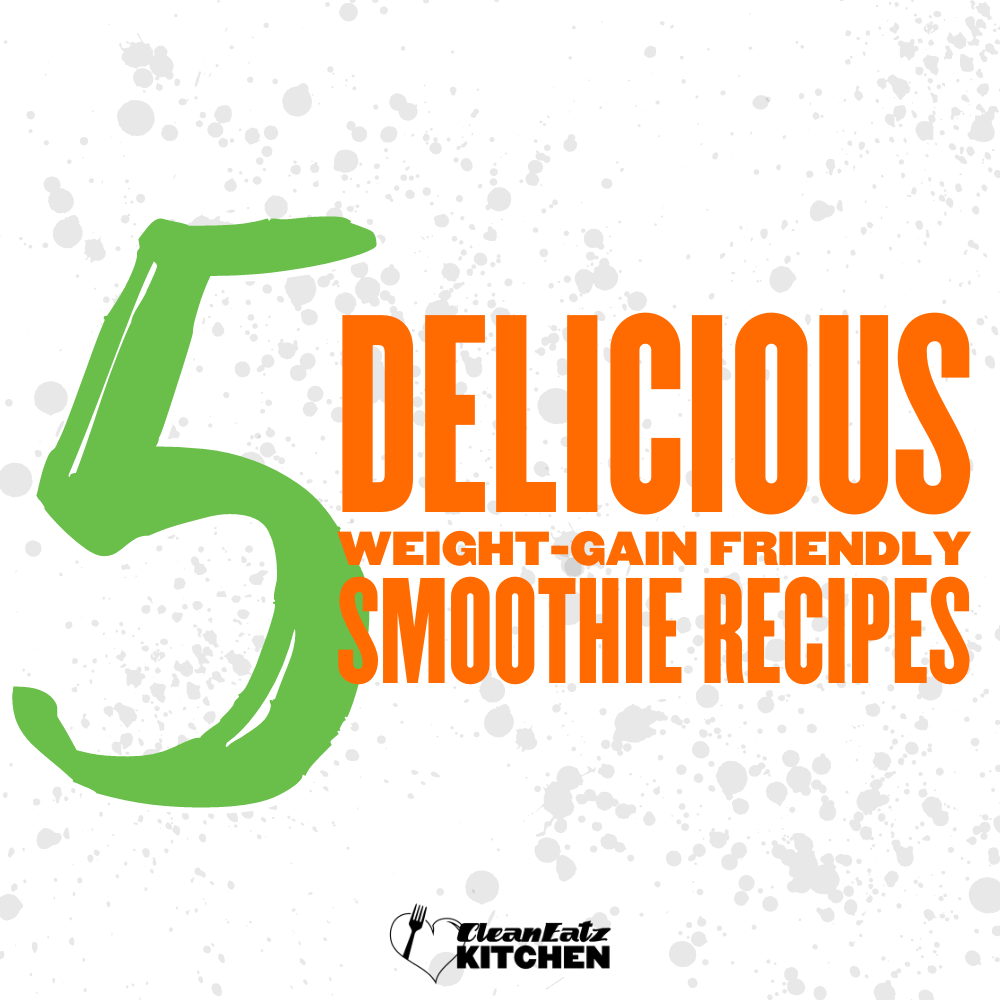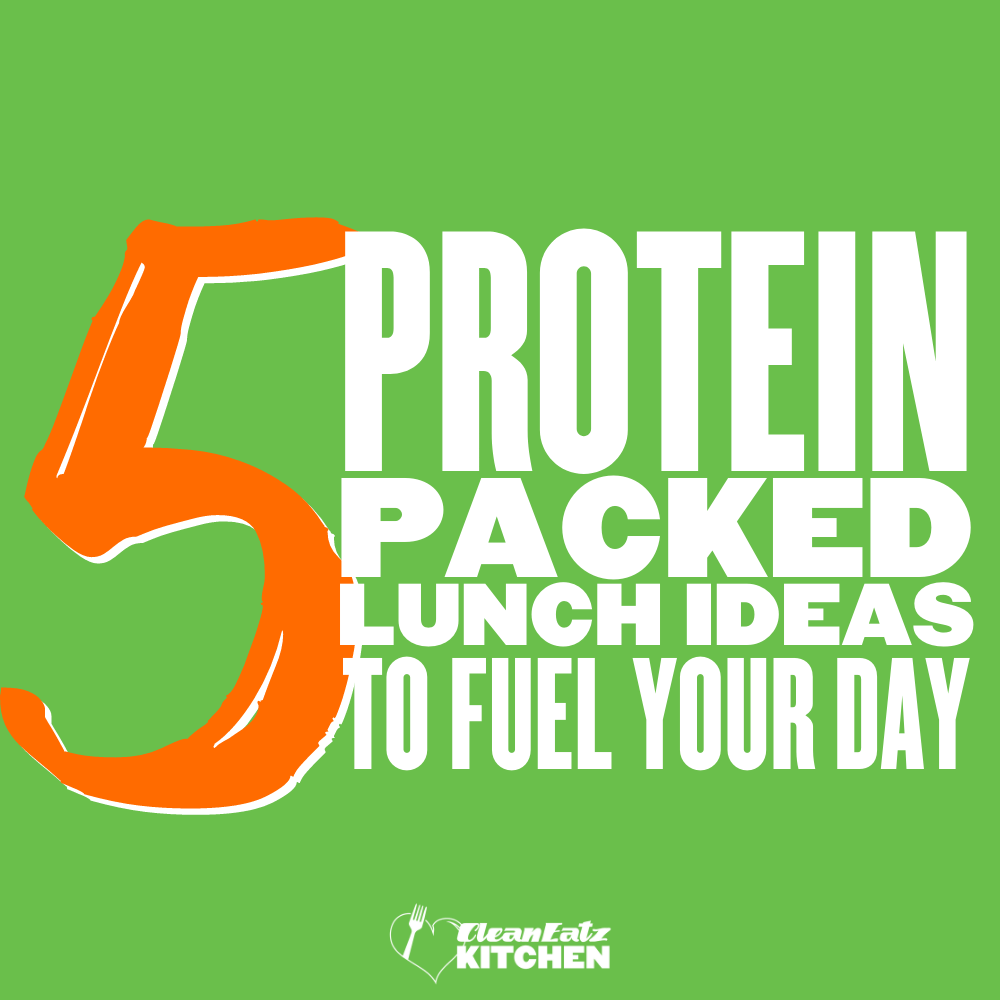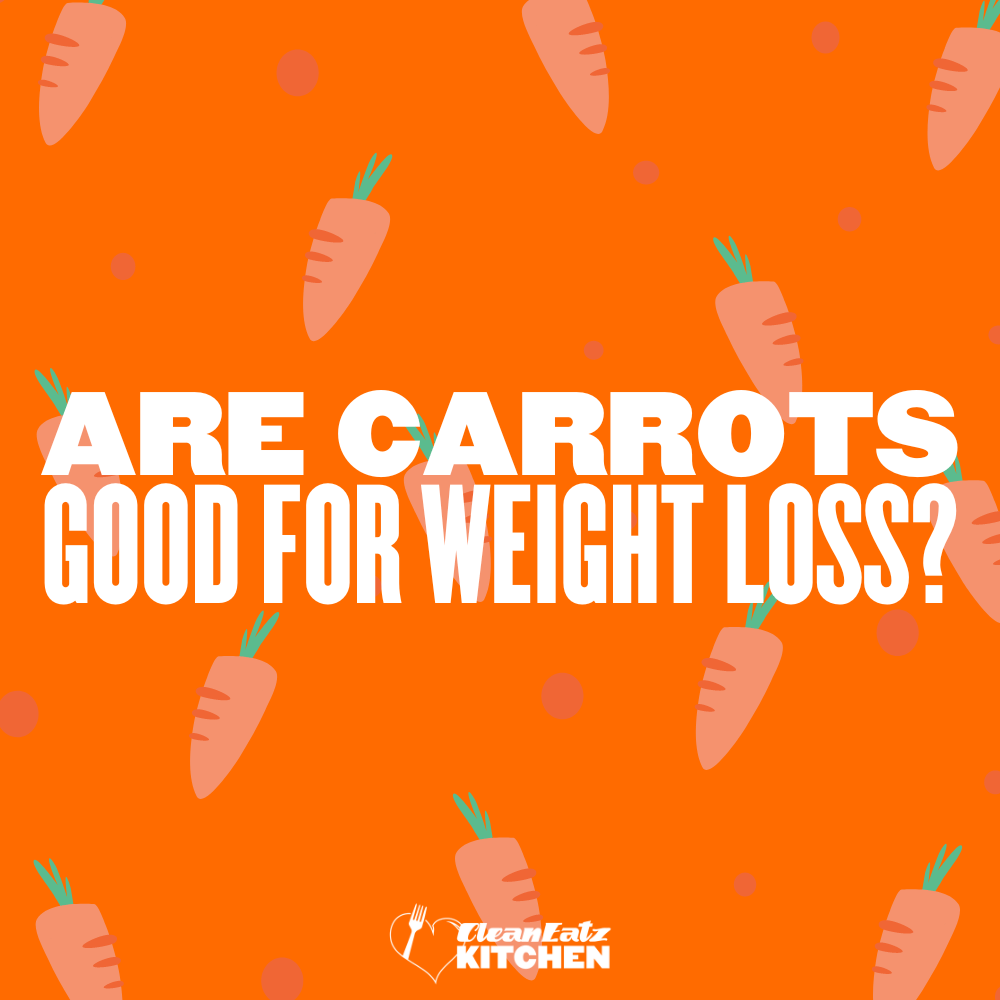
Unmasking the Truth: 5 Common Myths About Nutrition Debunked and What You Should Know
Jason Nista
Nutrition
|
Healthy Lifestyle
5 minute read
In the realm of nutrition, numerous myths about nutrition abound. Such myths can be puzzling, often leading individuals to adopt unnecessary or even detrimental dietary habits. Let's explore the five myths about nutrition that need to be set straight:
Myth #1: All carbs are bad.
One of the most widely believed myths about nutrition is the demonization of all carbohydrates. Though it's accurate that certain carbs, particularly those in refined grains and sweetened products, can lead to weight and health issues if overconsumed, they are not inherently evil. Carbohydrates are vital for our body's energy and optimal brain activity. Complex carbs from whole grains, fruits, and vegetables can be integral to a nutritious diet.
Myth #2: All fat is unhealthy.
Just as with carbs, fats have been wrongfully vilified over the years. But, not every fat is the same. Some, like saturated and trans fats, can increase the risks of heart disease when overindulged. However, beneficial fats, including monounsaturated and polyunsaturated fats, can enhance heart health and overall well-being. Avocados, nuts, and olive oil are rich in these healthier fats.
Myth #3: Low-fat or fat-free products are healthier by default.
It's easy to believe that anything labeled as low-fat or fat-free is a healthier choice. Yet, this isn't necessarily true. Often, these products compensate for the removed fat by adding sugars or other not-so-healthy components. Instead of blindly trusting the "low-fat" or "fat-free" tags, it's wiser to inspect the ingredients and ensure the product's healthfulness.
Myth #4: Processed foods are a complete no-no.
Limiting highly processed foods is sound advice, but a complete ban isn't required. Some processed foods, like whole grain bread, canned beans, or frozen vegetables, are both healthy and convenient. The trick lies in opting for products that undergo minimal processing and contain natural ingredients.
Myth #5: Only organic foods should be on your plate.
Many advocate for organic foods due to their absence of synthetic chemicals. Though there might be certain advantages to consuming organic products, there's no solid proof that they are substantially healthier than their conventional counterparts. The goal should be to incorporate diverse, nutritious foods, be it organic or not.
Why are there so many myths about nutrition?
Nutrition, undoubtedly, plays a pivotal role in our overall health and well-being. Yet, as much as nutrition is essential, there are numerous myths about nutrition that have created confusion over the years. Some of the ways in which good nutrition benefits our health, despite the prevailing myths, include:
1. Fueling Body Functions: One of the most widespread myths about nutrition is that all fats or carbs are bad. In reality, our body needs nutrients like carbohydrates, proteins, fats, vitamins, and minerals. Good nutrition ensures the body gets these vital nutrients to function optimally and keeps us energized.
2. Immune System Boost: A less-discussed aspect in many myths about nutrition is the link between diet and immunity. Proper nutrition, filled with nutrient-dense foods, enhances the body's natural defenses against illnesses, debunking those myths about nutrition suggesting otherwise.
3. Weight Management: Amidst the numerous myths about nutrition, one thing remains clear: good nutrition aids in maintaining a healthy weight. By understanding and looking past the five myths about nutrition related to weight loss, and instead focusing on portion control and varied nutritious foods, one can effectively manage their weight.
4. Reducing Chronic Disease Risk: Disregarding the myths about nutrition can have long-term benefits. By making well-informed food choices, you lower the risk of chronic conditions such as heart disease, diabetes, and some cancers.
However, despite these benefits, myths about nutrition often overshadow facts. The prevalence of these misconceptions is why it's crucial to differentiate between the five myths about nutrition and evidence-based dietary information.
It's essential to approach nutrition with balance, especially with so many myths about nutrition suggesting extreme diets or the elimination of food groups. Moderation is the key. Heeding your body's cues about hunger and fullness, and not being swayed by the myths about nutrition, ensures a healthier lifestyle.
Conclusion
If you're overwhelmed with the five myths about nutrition and are seeking a trustworthy source to aid your dietary choices, Clean Eatz Kitchen is an invaluable resource. Prioritizing fresh, whole, and nutrient-rich foods, Clean Eatz Kitchen can guide you in sidestepping the common myths about nutrition and instead, making healthier decisions for your overall well-being.
One significant advantage of Clean Eatz Kitchen, besides its emphasis on debunking myths about nutrition, is its focus on convenience. With diverse meal plans and prep options tailored to different needs and schedules, coupled with easy online ordering, you can effortlessly integrate healthy meals into your routine.
For those eager to navigate beyond the myths about nutrition and enhance their health, Clean Eatz Kitchen is a stellar starting point. Dive deeper into their offerings by visiting their website and commence your journey to debunking the five myths about nutrition today!
FAQ
What are 5 facts about nutrition?
- Nutrition is a field filled with debates, often leading to the impression that experts can't find common ground.
- Consuming added sugars is detrimental to health.
- Omega-3 fatty acids are vital, but a significant portion of the population doesn't intake enough.
- There isn't a one-size-fits-all diet; what works for one person might not work for another.
- Artificial trans fats pose serious health risks.
Did you know facts about nutrition?
Asparagus is rich in vitamins A, C, E, along with B vitamins, potassium, and zinc. Avocado contains over double the potassium found in a banana. Meanwhile, broccoli offers double the vitamin C you'd get from an orange and nearly matches the calcium content of whole milk, with the added advantage of better calcium absorption!
What is the most scientifically proven diet?
Many research studies indicate that the Mediterranean diet can lower the chances of diabetes, elevated cholesterol, dementia, memory issues, depression, and breast cancer. This approach to eating, which emphasizes a lifestyle rather than strict dietary limitations, is also associated with improved bone health, a robust heart, and increased longevity.
Related Articles
5 Delicious Smoothies To Gain Weight
6 minute read
Are Carrots Good For Weight Loss?
7 minute read



